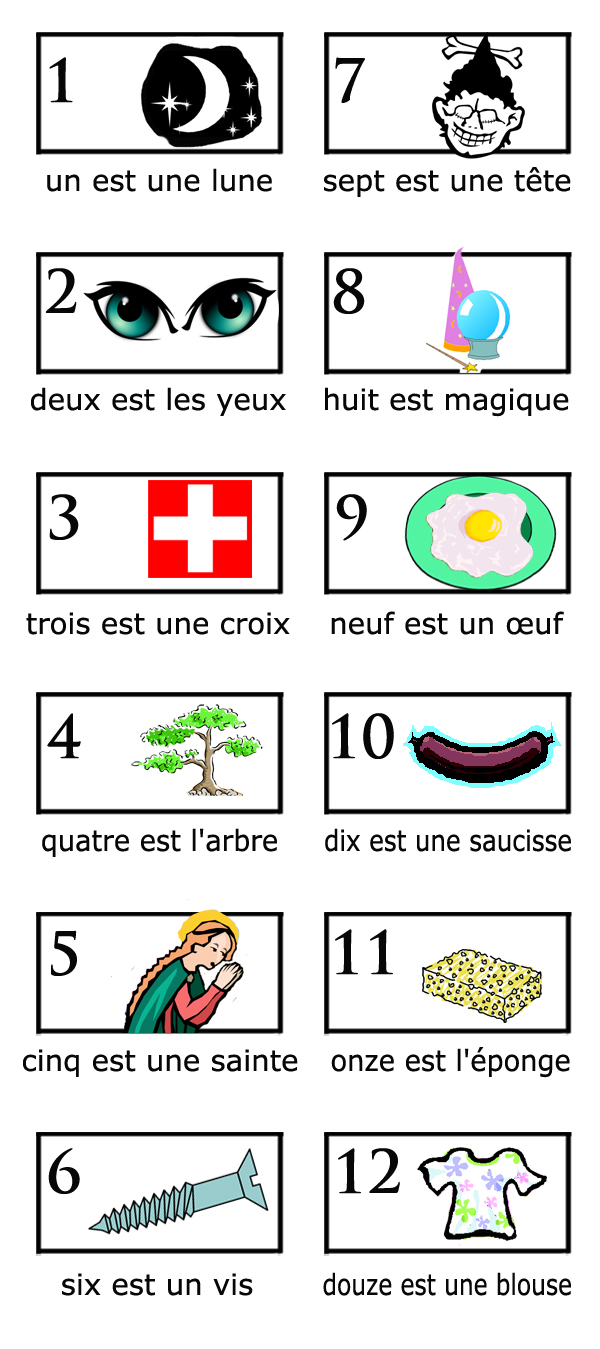Let's look a little deeper into the value of mnemonics for knowledge acquisition. By “knowledge acquisition”, I mean the sort of information you learn from textbooks — information that is not personal, that you need for the long-term.
In this context, I believe the chief value of mnemonic strategies is to help you recall information that needs to be remembered in a particular order. Thus we use mnemonics to help us remember the order of the planets, the order of musical notes on the stave, the order of the colors in a rainbow.
